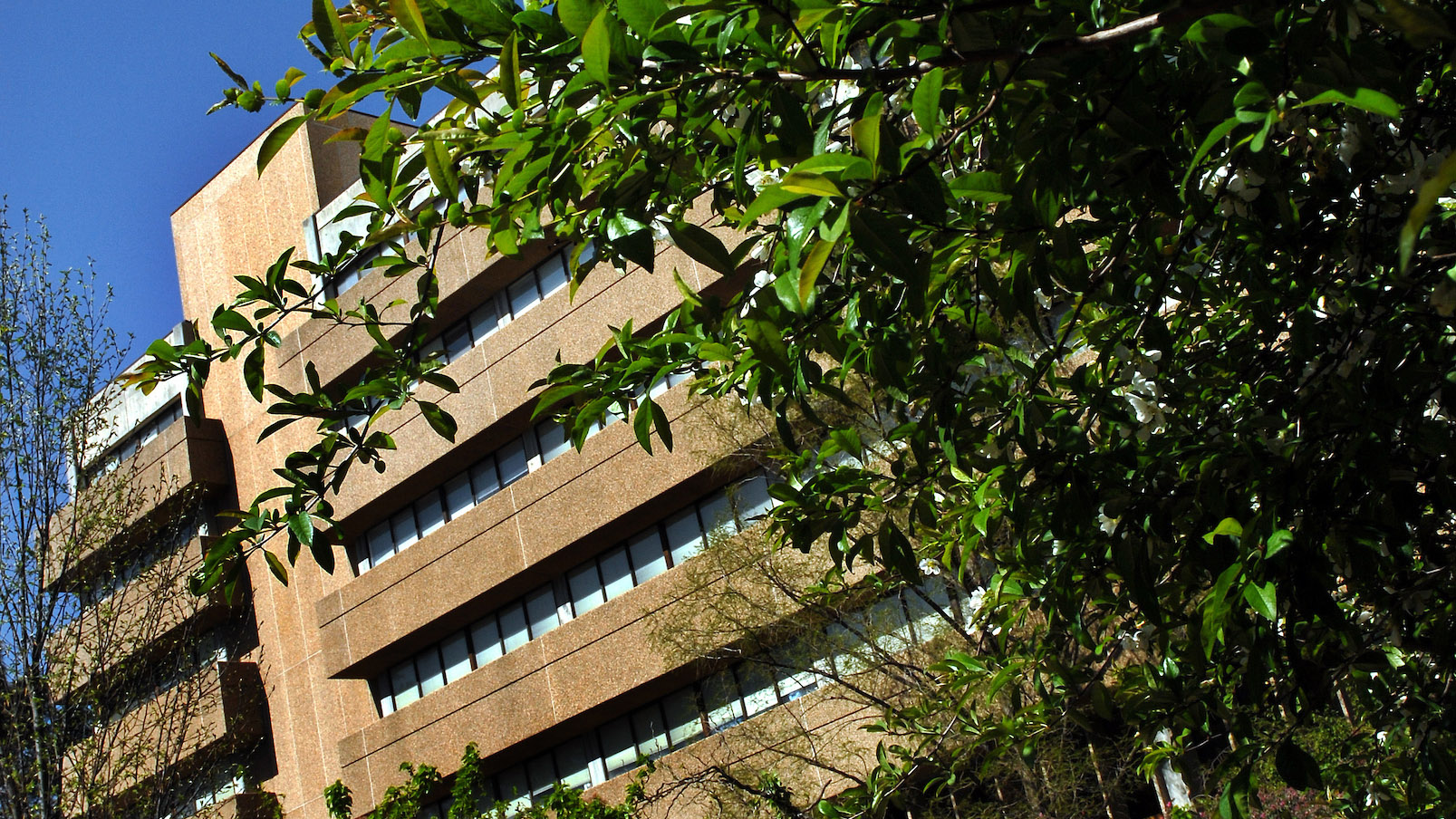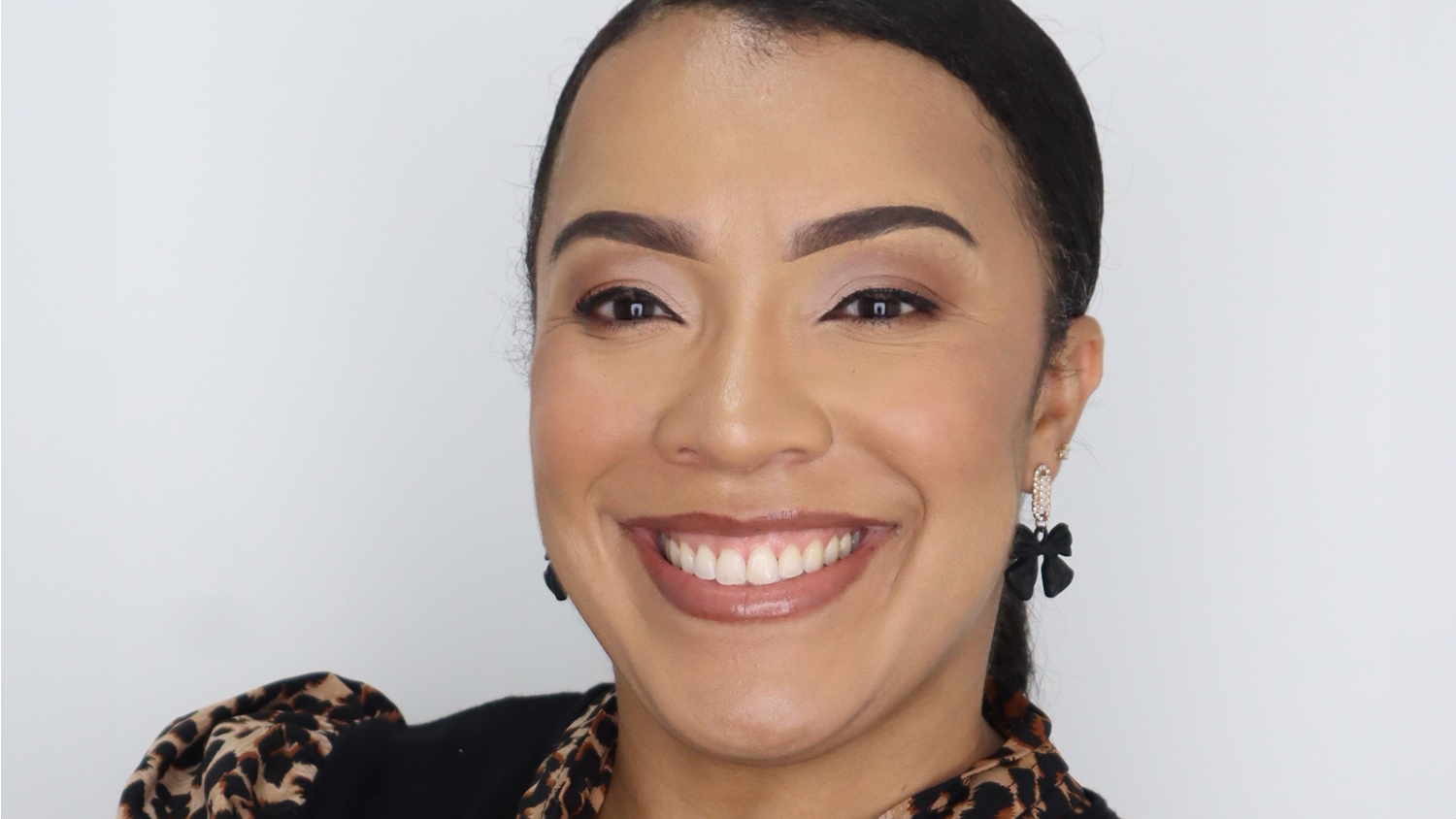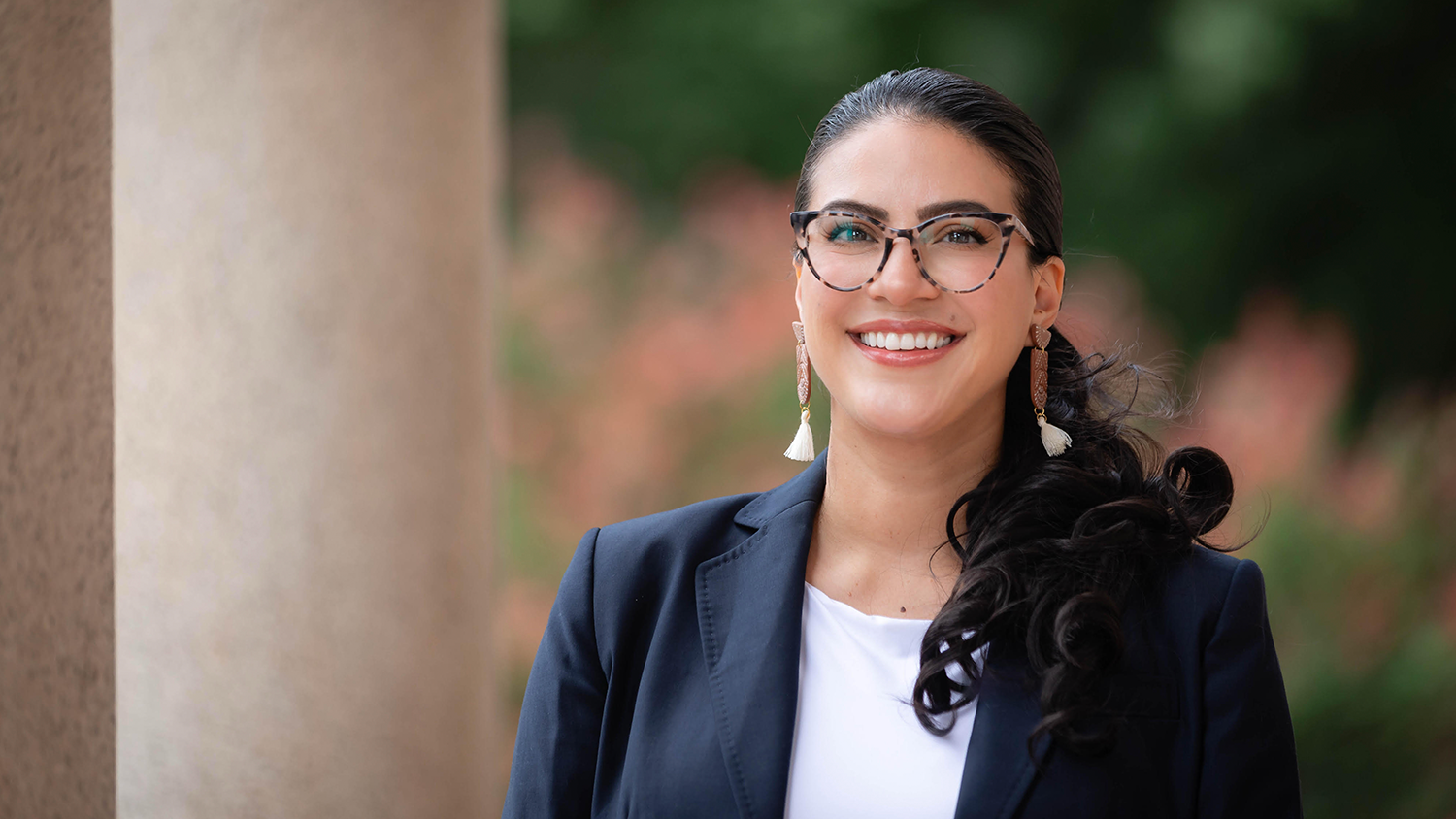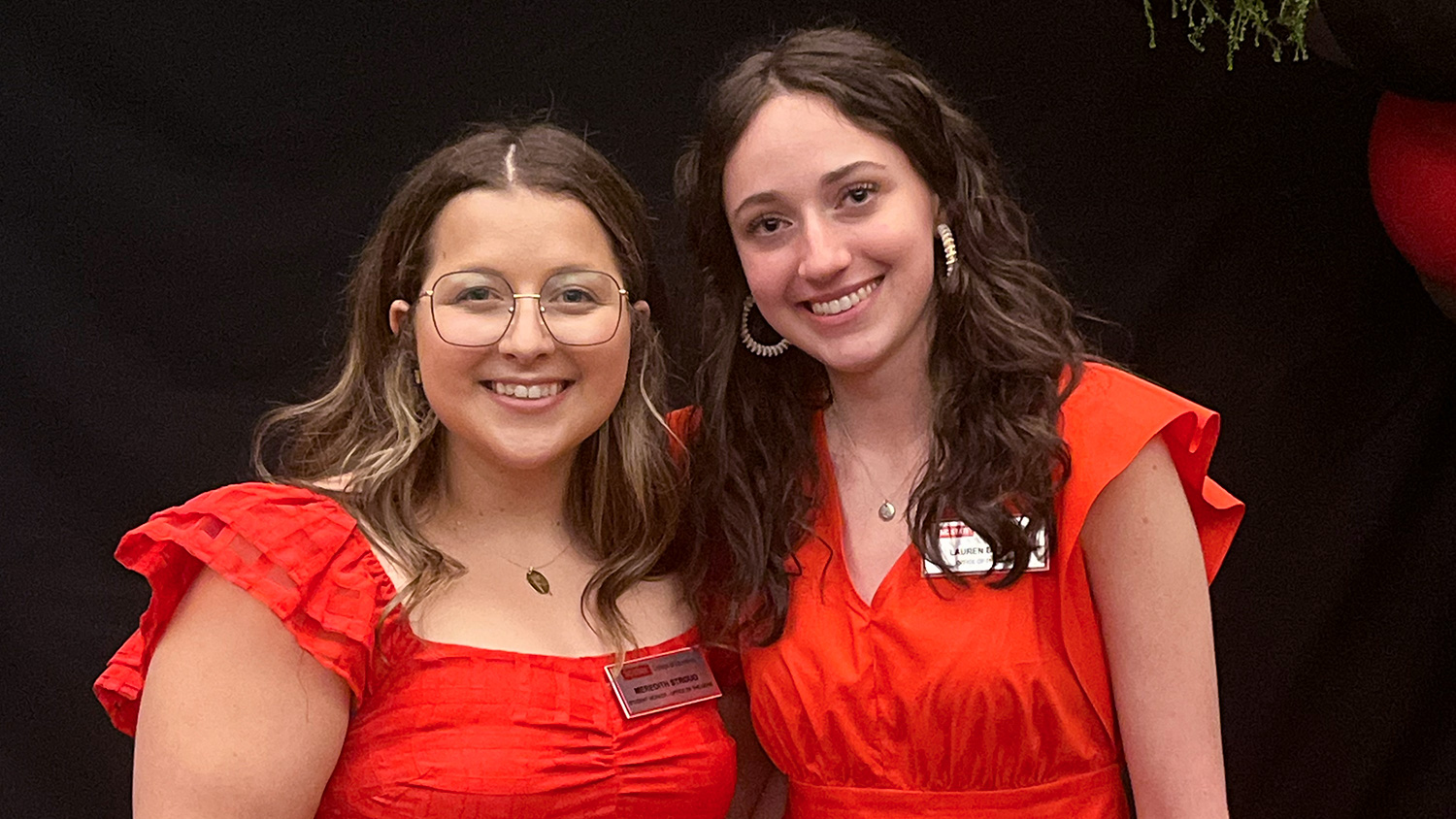Fletcher Receives National Award for Doctoral Dissertation

Dr. Michael Shane Fletcher received his Ph.D. in literacy from the College of Education’s Department of Teacher Education and Learning Sciences in December 2016. He was recently honored with the 2017 American Educational Research Association’s (AERA) Middle Level Education SIG Graduate Research Award for his dissertation, “Finding Their Voices: A Narrative Inquiry of Sixth-Grade Lumbee Males who Struggle with Reading.” Fletcher will present his research at the 2017 AERA Annual Meeting in San Antonio, Texas.
“The AERA award is a true honor,” Fletcher said. “I am most excited about the opportunity to share the stories of my struggling readers with a larger research audience. I hope to bring literacy issues for the Lumbee tribe to AERA, and to engage conversations for further research.”
We asked Fletcher to tell us more about his research, its potential impact, and how the College of Education shaped his research experience.
What my research is about: My research focused on sixth-grade Lumbee males who struggle with reading. I conducted a narrative inquiry collective case study bounded within a Wiki site that was used to study a piece of literature relating to topics within a social studies unit. Students from three sixth-grade classes created, posted and viewed multimedia projects that explored themes found within the text.
Why I chose this topic: Because of its importance to my context as a classroom teacher, with mostly Lumbee students who are members of a non-reservation tribe. American Indian populations, more specifically non-reservation tribes, are little researched and decades of policies, programs and procedures have done little to address their instructional needs. Utilizing a narrative approach, I sought to bring the voices of my male struggling readers to the surface to be heard and to learn from them.
What I learned from my research: That struggling readers have other strengths that, given the opportunity to utilize and demonstrate, can be transformed. Students moved from marginalized participants in a traditional academic setting to leaders and experts in other areas, especially with creating multimedia projects. This opened pathways to make literary connections with other readers on the site.
What I hope other educators take away from my research: I hope other educators can use my research to begin conversations with and create better learning environments for students who struggle academically. I hope educators will explore ways to engage literacy skills from home environments. This should include new literacy skills their students have developed with varying technologies to enhance learning opportunities.
What’s next: I hope to continue my research with this population and to help educators and policymakers make more informed decisions to address the educational needs of American Indian students.
How the College of Education prepared me to make an impact: The College of Education has provided me rich opportunities for learning and challenged my perspectives concerning research. The professors I have encountered here treat students as professionals on a journey and assume a mentoring role. The lessons learned here have prepared me to be an active researcher with a critical eye, but also respectful of colleagues and varying viewpoints. As I move forward, I will be able to do so with the confidence created by the learning atmosphere here at NC State.
Learn more about all of the College of Education’s graduate programs and how they innovate and inspire future leaders of the classroom through hands-on learning and solution-driven research, technology and scholarship.
Keep up with the latest College of Education news and updates on Twitter and Facebook.
- Categories:



